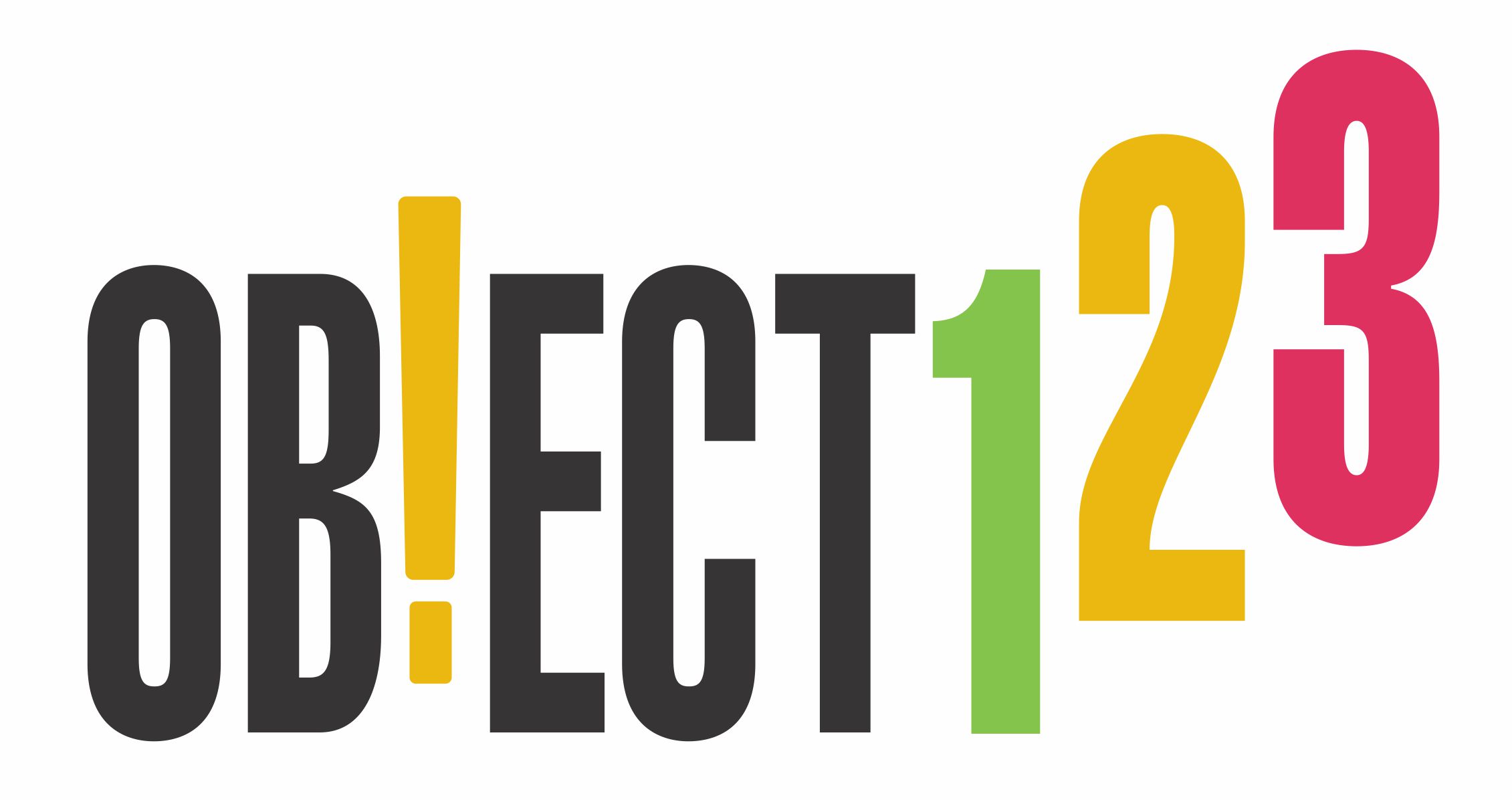
From the article:
To Ignore or Object, that is the Question? Embracing Innovation & Addressing Unfair Feedback
Both Lars Behrendt and Desmond Sherlock offer valuable insights into managing negativity and fostering innovation in teams, but they approach the issue from different angles. Evaluating who “came out on top” as a psychologist involves considering the long-term effectiveness and impact of their strategies on team dynamics and innovation.
Lars Behrendt’s Approach: Ignoring the Naysayers
Pros:
- Encourages perseverance and resilience.
- Prevents getting bogged down by constant negativity.
- Focuses on moving forward and maintaining momentum.
Cons:
- Risks ignoring potentially valuable feedback.
- May lead to a culture where constructive criticism is undervalued.
- Can result in the dismissal of legitimate concerns, as seen in the Humane example.
Desmond Sherlock’s Approach: Addressing Objectionable Behavior
Pros:
- Promotes a culture of open communication and accountability.
- Distinguishes between constructive criticism and destructive naysaying.
- Ensures that all feedback is evaluated based on its content and delivery.
- Prevents the negative impact of unaddressed objectionable behavior.
- Supports a structured approach to conflict resolution through SpatzAI.
Cons:
- Requires more effort and active engagement from team members.
- Could potentially lead to more frequent confrontations, though these are structured and managed.
Psychological Perspective:
- Desmond’s approach aligns more closely with psychological principles that emphasize the importance of addressing and resolving conflicts constructively.
- Ignoring negativity, as Lars suggests, can lead to unresolved issues that fester and ultimately harm team cohesion and innovation.
- By addressing objectionable behavior and ensuring feedback is delivered respectfully, Desmond’s method fosters a healthier team environment.
- The SpatzAI toolkit’s structured approach to conflict resolution is grounded in promoting psychological safety, essential for innovation and creativity.
Conclusion:
From a psychological standpoint, Desmond Sherlock’s approach is more comprehensive and sustainable for fostering innovation. It emphasizes the importance of respectful communication, constructive conflict resolution, and the evaluation of feedback based on its content. This method not only addresses the immediate negative behavior but also cultivates a supportive and dynamic team culture where innovation can thrive. Thus, Desmond’s perspective, supported by the SpatzAI toolkit, is likely to be more effective in the long run.

Leave a comment